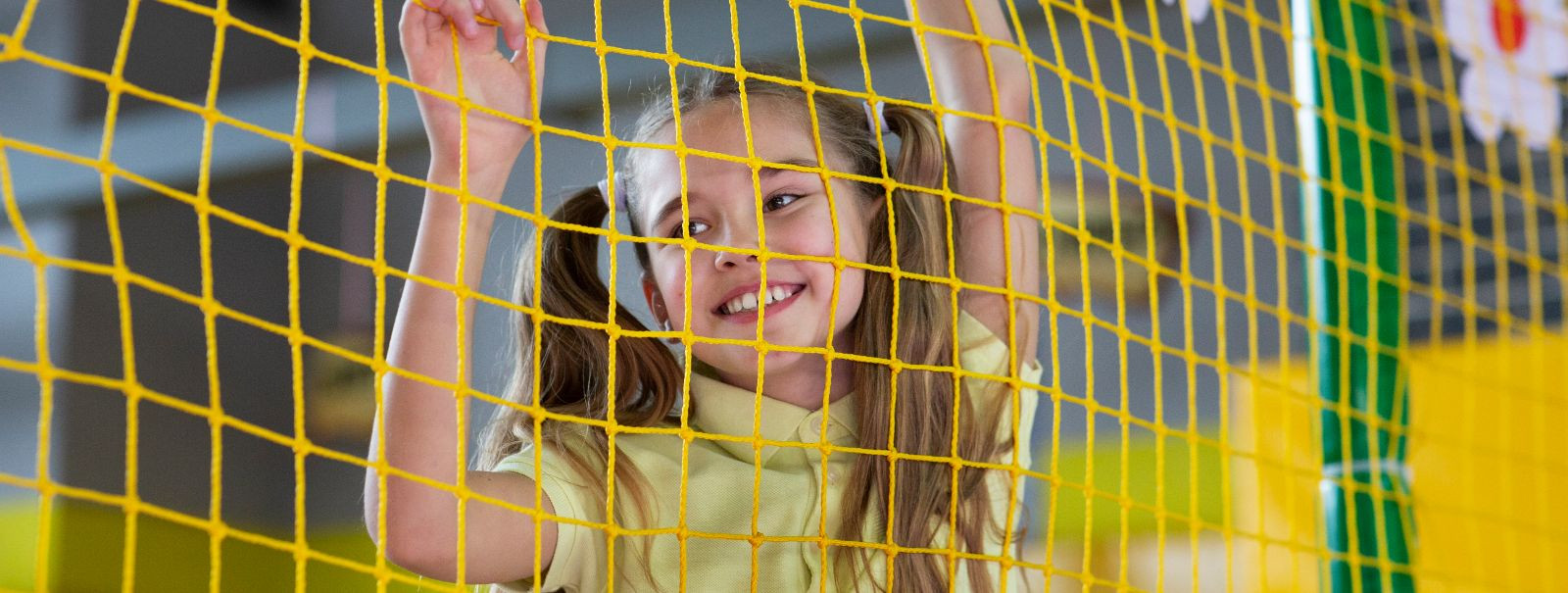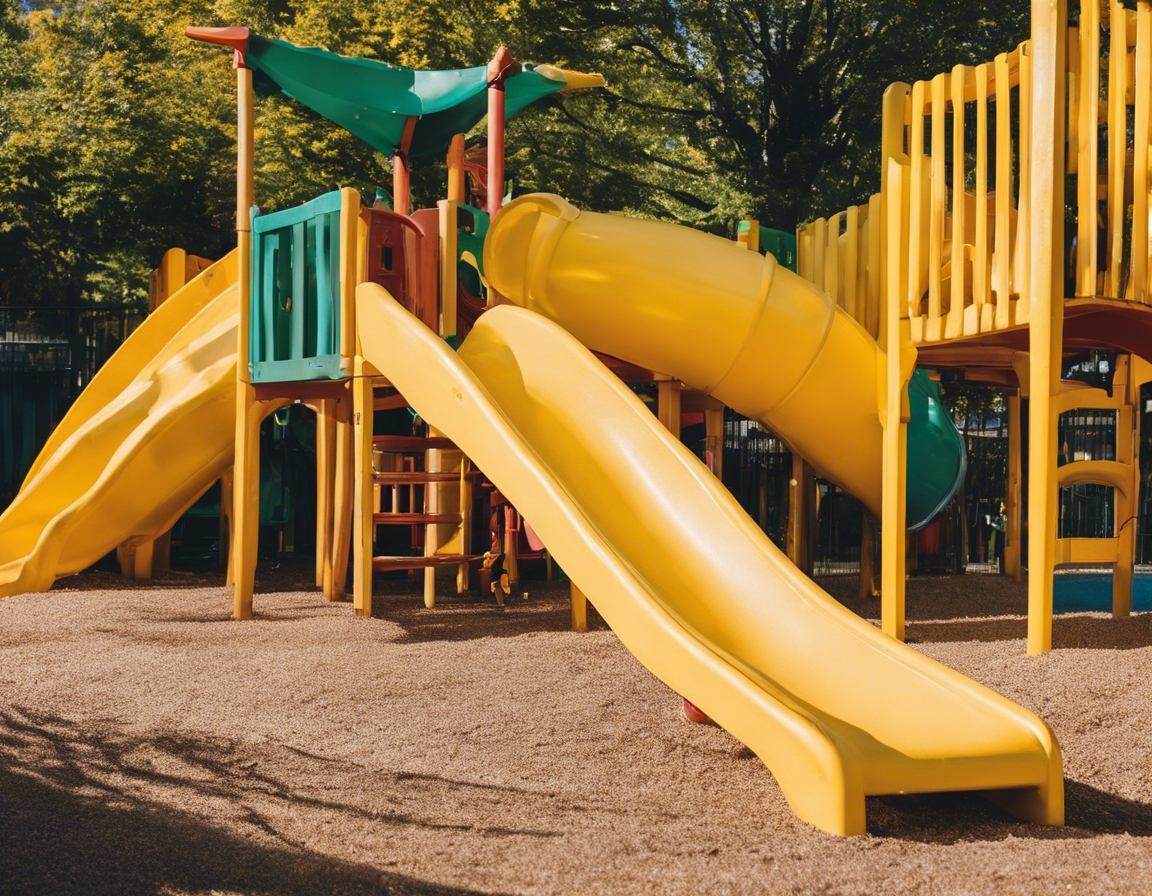The importance of play in early childhood
Play is the cornerstone of early childhood development, serving as a powerful tool for learning and growth. It is through play that children explore the world, understand social norms, and develop critical cognitive and physical skills.
Play in early childhood is any spontaneous or organized activity that provides enjoyment, entertainment, and learning. It is a natural behavior that is crucial for the healthy development of a child.
From birth to age six, children go through rapid developmental changes that are significantly influenced by play. Each stage of development presents unique opportunities for learning through different types of play.
The Role of Play in Child Development
Play stimulates a child's brain, fostering creativity, problem-solving skills, and the ability to focus and think abstractly.
Physical play helps children develop motor skills, coordination, and control over their bodies, while also promoting health and fitness.
Through play, children learn to interact with others, share, negotiate, and develop empathy, which are essential for building relationships.
Playful interactions boost language development, helping children to expand their vocabulary and communication skills.
Types of Play and Their Benefits
Both unstructured and structured play are important, providing different benefits such as creativity and the ability to follow rules, respectively.
Sensory play allows children to explore their senses and supports cognitive growth, fine and gross motor skills, problem solving skills, and social interaction.
Imaginative play fosters creativity, emotional development, and empathy, as children role-play different scenarios and perspectives.
Activities that involve running, jumping, and other forms of exercise are crucial for physical development and establishing healthy lifestyle habits.
Creating an Environment Conducive to Play
Parents and caregivers are essential in providing a safe and stimulating environment that encourages play and interaction.
Selecting age-appropriate toys that match children's developmental stages can enhance their play experiences and learning outcomes.
Designing play spaces that are safe, engaging, and adaptable allows children to explore and learn at their own pace.
Challenges and Solutions in Promoting Play
Today's fast-paced lifestyle and the prevalence of technology can impede children's playtime. It's important to balance screen time with active play.
Incorporating play into daily routines can ensure that children receive the developmental benefits of play despite busy schedules.






Comments (0)